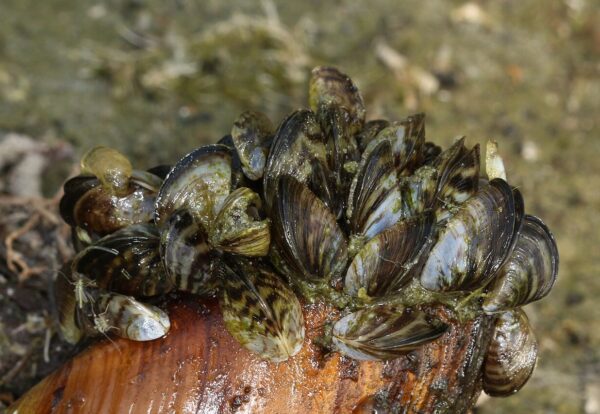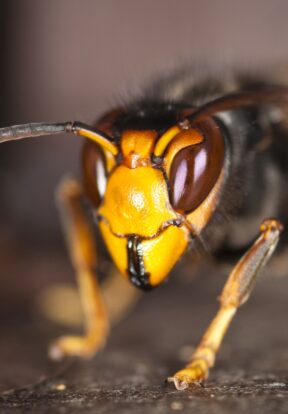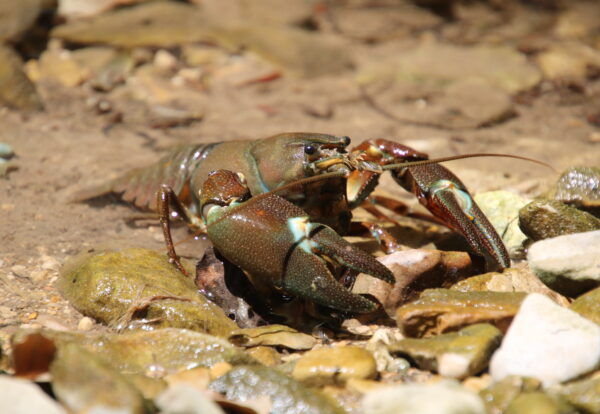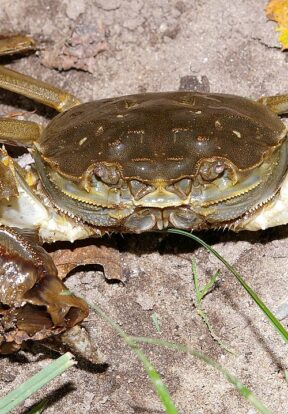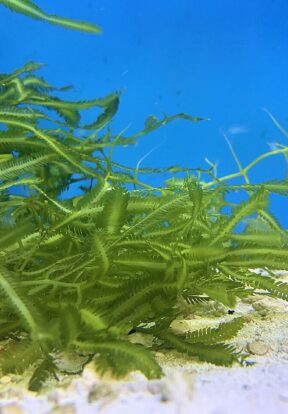Initiative
European Invasive Alien Species Rapid-Response Fund
Funding
This initiative is co-funded by the European Union and will run until 2028.
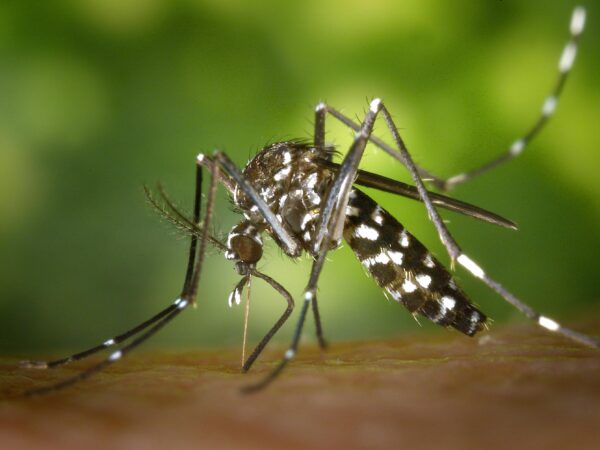
Stop invasive alien species before they spread
Invasive alien species (IAS) are rising rapidly across the European Union, fuelled by global travel, trade and climate change. Funded by the European Union, the European Invasive Alien Species Rapid-Response Fund provides targeted, fast-track grants to help conservation actors act quickly, supporting early detection, swift eradication and coordinated response before small-scale invasions become large-scale ecological and economic crises.
This initiative supports rapid, on-the-ground action aligned with the EU IAS Regulation (1143/2014), the EU Biodiversity Strategy for 2030. and the Kunming–Montreal Global Biodiversity Framework, including targets to prevent the establishment and spread of priority IAS.
At a glance
- Grant size: €10,000 – €50,000 per project
- Project duration: Up to 12 months
- Geographic scope: European Union (EU overseas countries and territories are not eligible, except the Canary Islands, the Azores and Madeira)
- Eligible applicants: Organisations operating in the European Union, including conservation organisations, research institutions and public authorities
- Focus: Early detection and rapid eradication of invasive alien species (plants, animals and macroalgae) at early stages of invasion
- Funding type: Fast-track grants for rapid response and early-stage interventions
- Call status: Open — application deadline: 10 February 2027, 14:00 (CEST)
Why rapid action matters
Invasive alien species are animals, plants or other organisms introduced by humans, intentionally or accidentally, outside their natural range. While harmless or beneficial in their native environments, they can become highly damaging in new ecosystems.
Once established, IAS can outcompete native species, alter habitats, disrupt food chains and water systems, and introduce disease. They also affect people, from health risks to economic losses for agriculture, fisheries, tourism and other sectors. In the European Union alone, invasive alien species are estimated to cause more than USD 28 billion in damages every year.
Early detection and rapid response are the most effective ways to prevent small incursions from becoming long-term ecological and economic crises. Acting quickly, before a species becomes widespread, can make the difference between successful eradication and permanent impact.
What the fund supports
The European Invasive Alien Species Rapid-Response Fund provides targeted, fast-track grants to enable rapid and effective responses to new incursions of invasive alien species across the European Union.
Eligible actions must focus on the early stages of invasion by alien plant and animal species, including macroalgae, that have a high potential to spread and cause ecological harm.
The fund supports:
- On-the-ground coordination with authorities and local stakeholders to ensure timely implementation
- Rapid eradication operations to remove invasive alien species at an early stage of invasion
- Early-stage response planning and feasibility assessments to enable swift action
- Monitoring and verification to confirm eradication success and reduce reinvasion risk
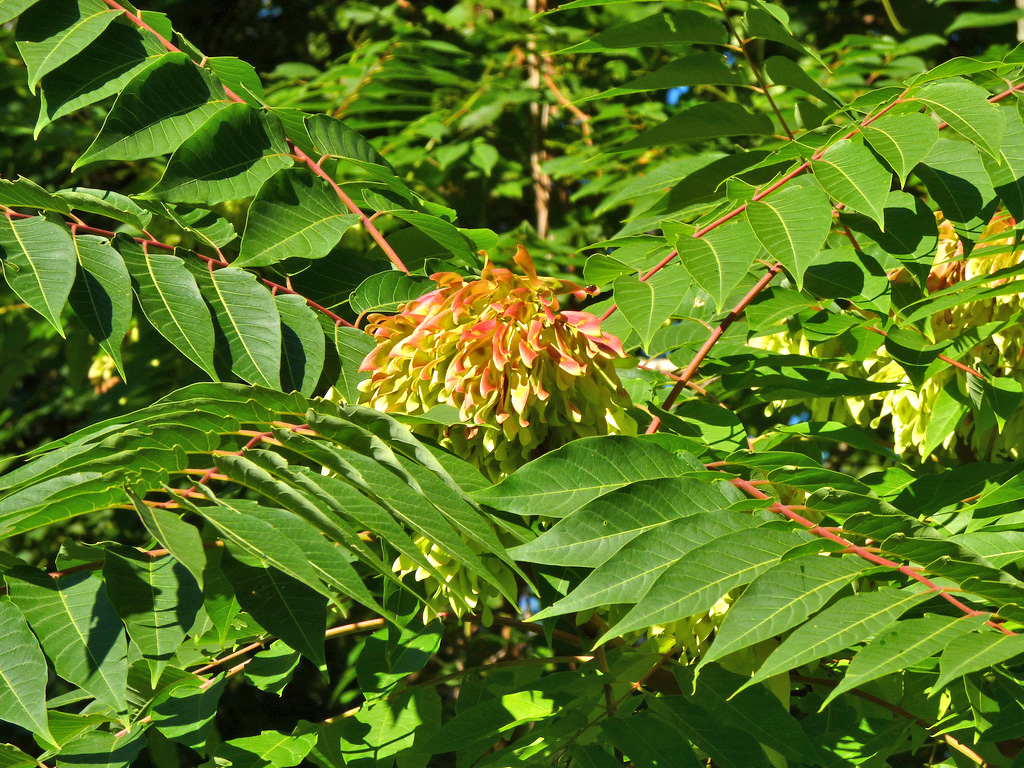
The fund prioritises interventions where rapid action is feasible and likely to prevent long-term establishment and spread.
Support beyond funding
Beyond emergency response, the initiative strengthens long-term capacity for invasive species management across the European Union. Grantees benefit from:
- Technical guidance and expertise through IUCN’s global network, including the IUCN SSC Invasive Species Specialist Group and its community of IAS management experts
- Peer-to-peer exchange and networking, connecting practitioners facing similar challenges across countries and ecosystems
- Project and financial management support to ensure fast, accountable and effective delivery
Call for proposals currently open
If you are responding to a new or emerging invasive alien species incursion in the European Union, apply for support to act quickly and prevent long-term damage.

